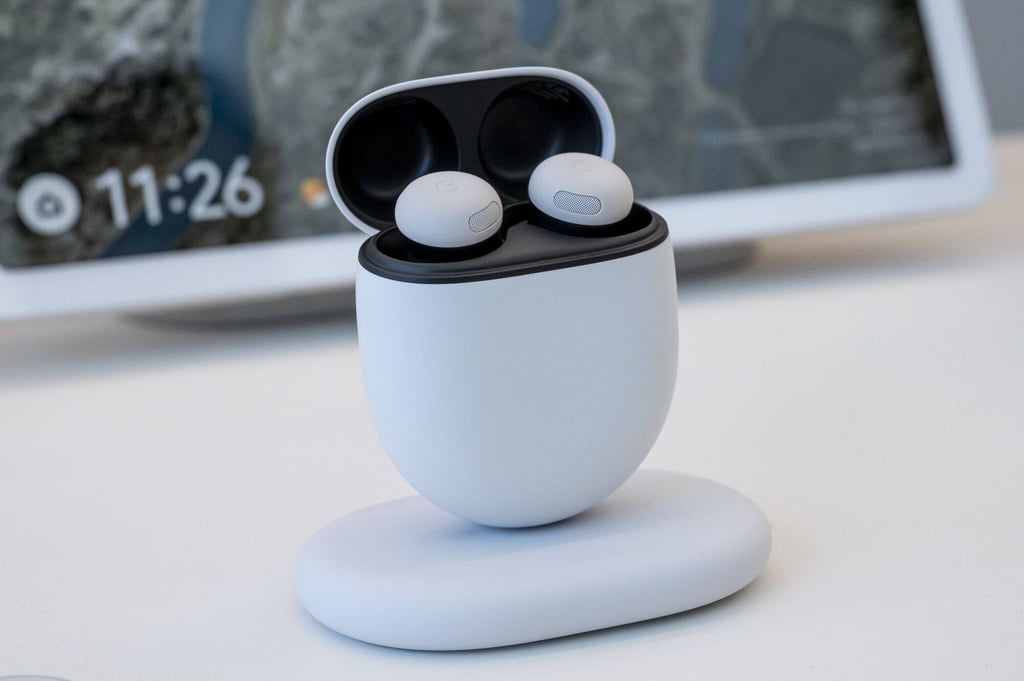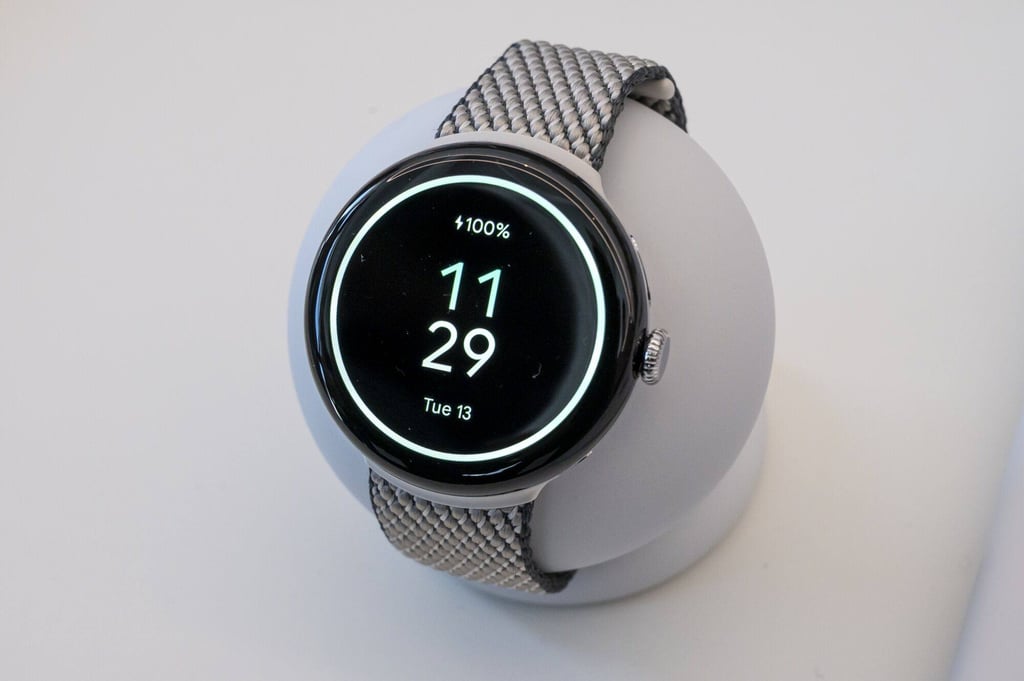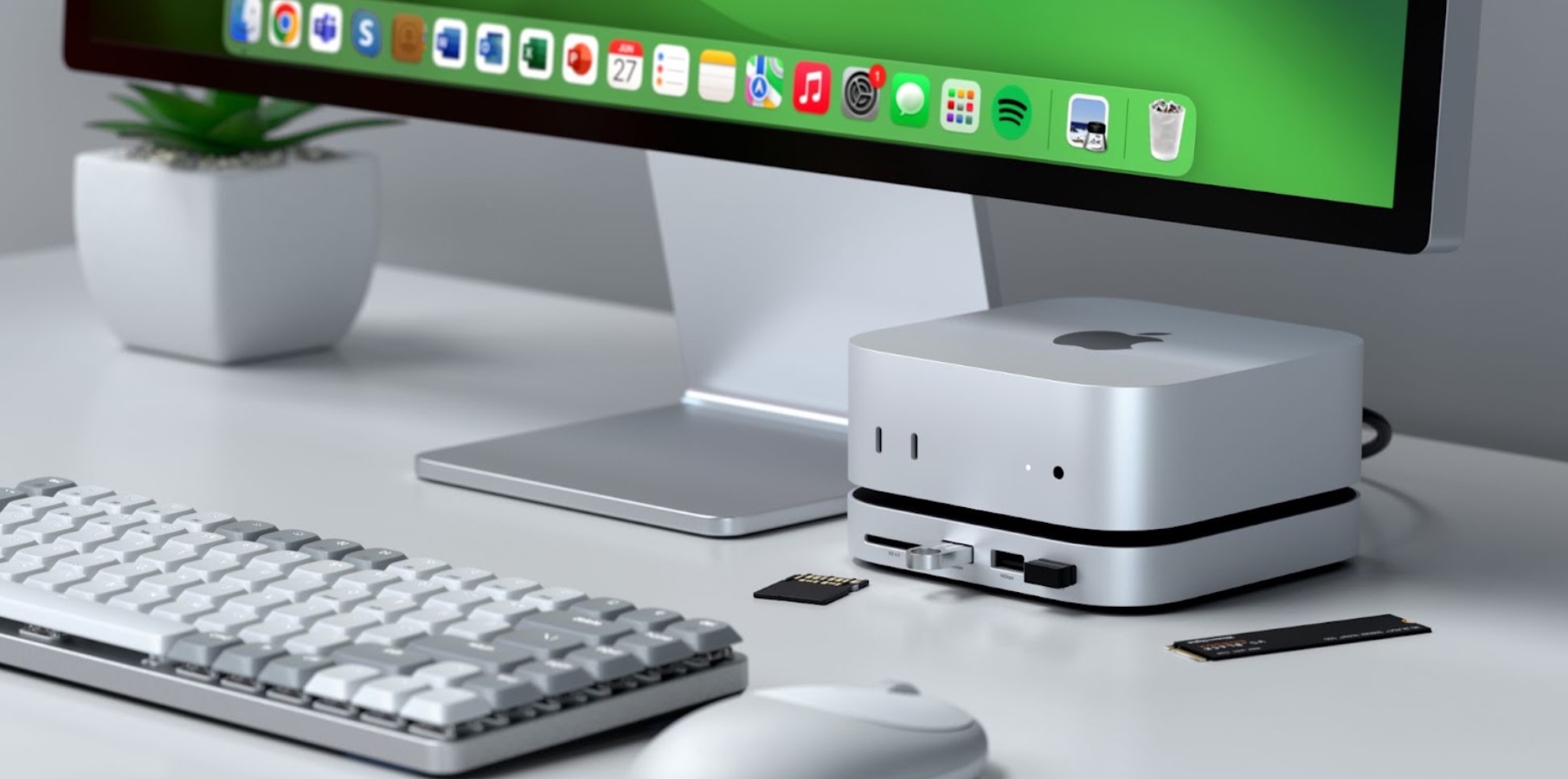Pixel handsets account for a tiny sliver of the global smartphone market dominated by Samsung and Apple, but Google argues its new line is a chance to answer what – after all the hype – AI can actually do for customers.
“I understand people’s scepticism,” Google senior vice-president of devices Rick Osterloh said.t company’s campus in Mountain View, California. “There have been so many promises, so many ‘coming soons,’ and not enough real-world helpfulness when it comes to AI – which is why today we’re getting real.”
The Pixel weaves users more tightly into Google’s online services, taking a page from Apple’s strategy with the iPhone and App Store.
Pixel 9 models use of Google’s Gemini AI capabilities offers consumers an alternative to the iPhone’s “Apple Intelligence” AI, as well as to the company’s alliance with ChatGPT-maker OpenAI.
The phones can help with daily tasks like booking appointments or finding old files in the mountain of data people tend to save, according to Pixel senior director of product management Shenaz Zack.
A Pixel might be used to take a photo of a concert poster, for example, then check whether that calendar date is open and draught a message inviting friends to join.
And conversations with Google’s AI on Pixel will be more free flowing, allowing interruptions or sudden topic shifts, the company said.
New Pixels will also be able to take notes during phone calls, automatically notifying the other party first.
Google said it has prioritised privacy, from protecting data used by its AI to letting users create password-protected private spaces for apps and other content.
Pixel 9 models let Gemini AI handle personal requests, sending no sensitive information off the device, according to Google.

Analysts said the Pixels could help consumers better envision the potential of artificial intelligence.
“I’m actually really impressed with what Google has done here,” Techsponential analyst Avi Greengart said in a demonstration area at the Pixel event.
“Google is making AI practical and understandable to the average consumer … It’s so easy, once you use it, to see the benefit of AI rather than this sort of amorphous conceptual thing that is that is being thrust upon us.”
“The two things that (consumers are) looking at AI to do right now is organisation – and that’s across communications, across calendaring, basically manage my life better than I can – and then the other thing is content creation,” said IDC analyst Linn Huang. “I think Google nailed both.”

Google also unveiled new Pixel earbud and smartwatch models boasting AI features.
The company said the watches will be able to access live feeds from Google’s Nest camera-equipped doorbells, letting wearers see who is at their homes and speak with them.
Greengart said such products will be necessary as Google tries to keep pace with companies such as Apple.
“Google needs to keep the Android ecosystem vibrant,” he said.
The Pixel 9, the base 6.3-inch display model, will retail at a starting price of US$799 in the United States. This and the 6.8-inch Pixel 9 Pro XL will begin shipping later in August. The Pixel 9 Pro, which comes with added features like a better camera, and the foldable Pixel 9 Pro Fold will ship in September.
Additional reporting by Reuters







![Kailash Kher opens up about bond with son, love for tea and more [Exclusive] Kailash Kher opens up about bond with son, love for tea and more [Exclusive]](https://st1.bollywoodlife.com/wp-content/uploads/2024/11/211120241732198149.jpeg)